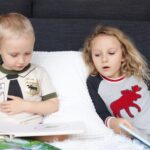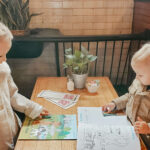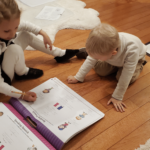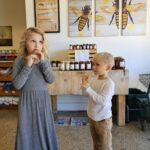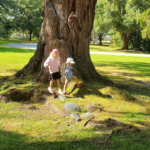It’s Not Harsh—It’s Wise: Shielding Your Kids from Toxic Peer Dynamics
Hello friends and families,
Let’s jump right into today’s topic—one that might feel a little controversial, but is rooted in care, wisdom, and the long-term emotional well-being of our children.
As parents, one of our greatest responsibilities is to safeguard our children’s emotional health. Sometimes, that means making the hard—but necessary—decision to limit their time with peers who may be a negative influence due to poor parenting. This isn’t about judgment. It’s about intention, boundaries, and protecting our children’s sense of security and self.
In our home, we raise our kids, Claire and Peter, with the understanding that they will always have a safe haven to return to. Our hope is that their childhood memories are filled with love, connection, and comfort—not confusion or chaos. Our goal is to provide them with the knowledge that family remains a steadfast support system throughout their lives.
Why Protecting Your Child’s Friendships Matters
Drawing on my own life, I can confidently say that my mom is my best friend. This is a bond I envision cultivating with Claire and Peter as they grow, keeping deep relational roots alive into adulthood.
While I may wish I could change the dynamics in every home, the reality is—I cannot. But I can ensure that my children are surrounded by peers whose homes reflect values of love, stability, and emotional awareness. Choosing our children’s friendships carefully is not a reflection of elitism or criticism; it’s a reflection of intentional parenting.
We’ve deliberately chosen to shelter our kids from growing up too fast. While this approach might invite disagreement, it is a decision made from a place of love and long-term foresight. We want Claire and Peter to relish childhood at its own pace, to stay innocent a little longer, and to grow strong, secure, and empathetic.
10 Reasons to Limit Exposure to Poorly Parented Peers
- Emotional Safety Comes First
Children thrive when they feel safe and emotionally protected. Exposure to chaotic behavior—often a result of inconsistent parenting—can make a child feel unsure, anxious, or even fearful. - Healthy Relationships Begin in Childhood
Kids learn what love, friendship, and respect look like from those around them. Surrounding them with well-parented peers helps model kind, secure relationships. - Preventing Negative Influences
Children are impressionable. Friends who are poorly guided at home may introduce disrespect, dishonesty, or rebellion. Protecting your child from those behaviors isn’t overprotective—it’s proactive. - Focused Development
Well-parented children tend to engage in enriching activities and conversations. Those interactions help our kids grow emotionally, intellectually, and socially. - Teaching Compassion with Boundaries
While we limit interaction, we still talk about compassion and empathy. Not everyone has the same home life, and our children can understand that while also maintaining emotional safety. - Reduced Stress and Anxiety
Peers who act unpredictably or cause social drama can create confusion or fear. Peaceful friendships help kids stay emotionally regulated. - Reinforcing Positive Values
Spending time with children who are taught kindness, responsibility, and honesty helps reinforce those values in your own children. - Building a Supportive Parenting Network
Like-minded families offer a sense of community. Shared values mean shared trust, shared lessons, and often shared joy. - Encouraging Academic and Social Growth
Peers from structured, supportive homes tend to encourage success in school and extracurriculars. Who your kids hang out with impacts how they see themselves and the future. - Learning Healthy Conflict Resolution
Kids whose parents help them talk through problems often display better communication. By surrounding our kids with those kinds of peers, we’re helping them build conflict resolution skills in emotionally safe ways.
Parenting Without Judgment
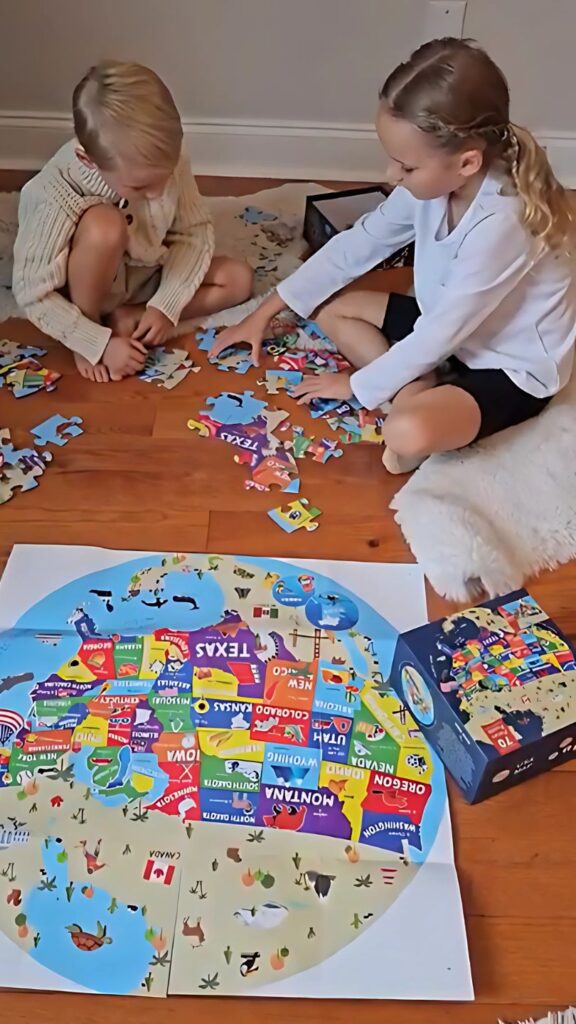
Let me be clear: this isn’t about superiority. This isn’t about wealth, or social standing, or shaming others. Some families are facing enormous pressures. Some parents are simply doing the best they can.
This is about us—about making sure our children are growing in a soil rich with love, structure, and security. It’s about knowing when to step in, when to pull back, and when to say, “Not this friend. Not right now.”
The Goal: A Loving, Balanced Upbringing
We want Claire and Peter to become adults who choose kindness, lead with empathy, and know how to stand tall in who they are. That journey begins at home—but it’s also shaped by the friends we let into their world.
By being intentional about their peer group, we are normalizing protective, proactive parenting. We are showing them that it’s okay to choose peace over popularity, to say no to chaos, and to say yes to relationships that reflect the values we hold dear.
Let’s Talk: What Boundaries Have You Set?
Have you ever had to limit your child’s social circle for their emotional safety? How did you approach it—and how did your child respond?
Let’s open up about these important choices. Share your story in the comments below or join the conversation with me on Instagram @here.they.grow!
We’re not alone in this journey—and your voice might encourage another mom today.
With respect and love,
Just another mom.


